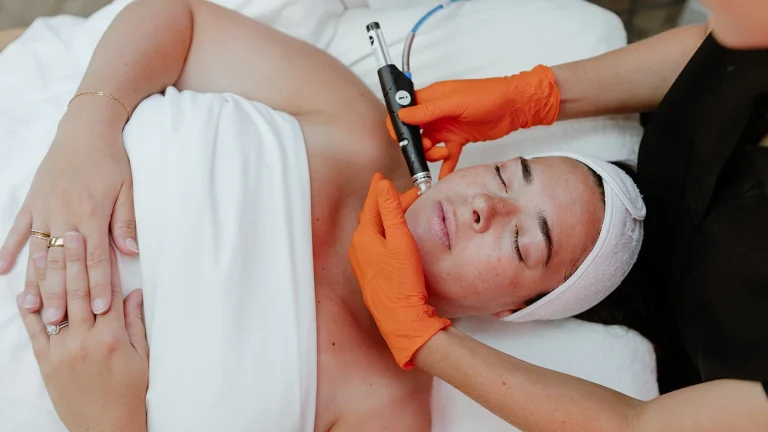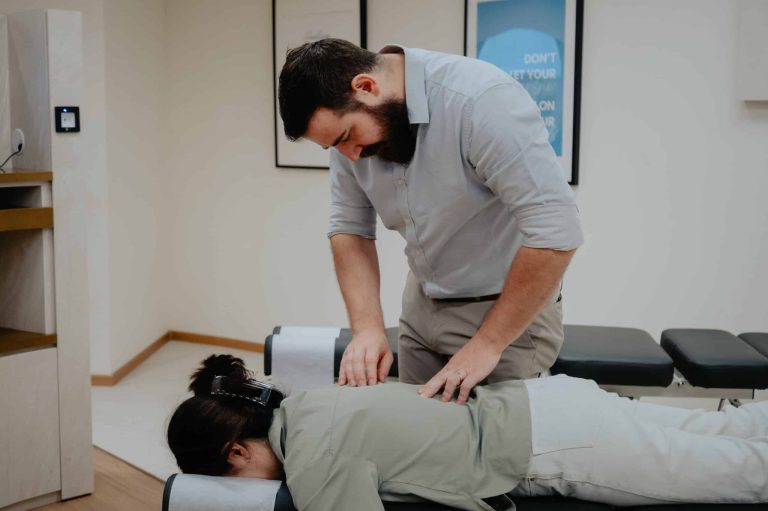Day: April 24, 2024
When do you need bone grafting before dental implants?
A Dental implant is an artificial tooth that is implanted into the jawbone. It is used when adults lose one or some of their teeth and […]
How to Care for Your Teeth during Holidays?
We all have routines that we follow consciously or unconsciously, and they greatly influence our lifestyles. Most people have a dental care routine that helps […]













